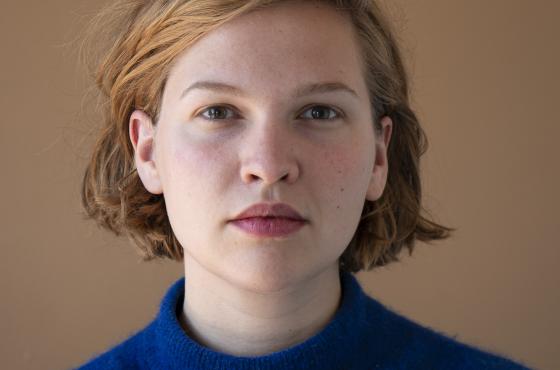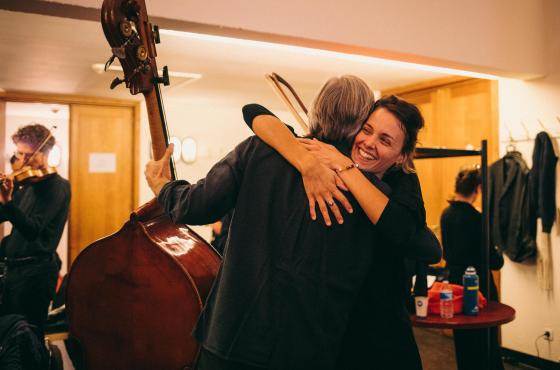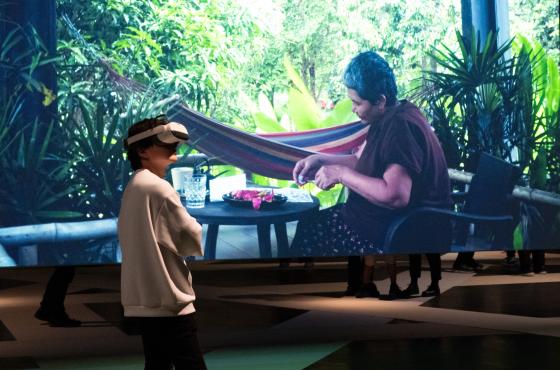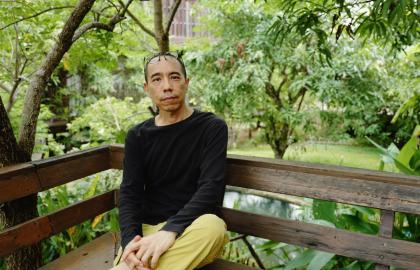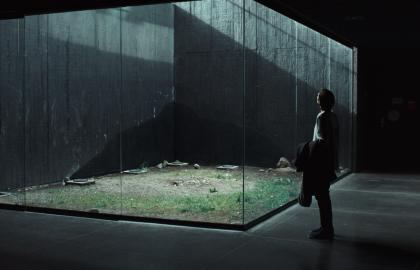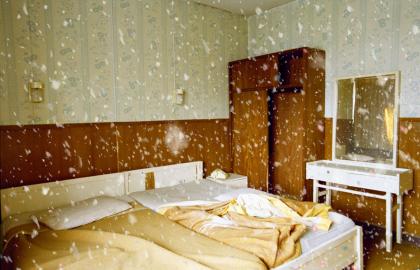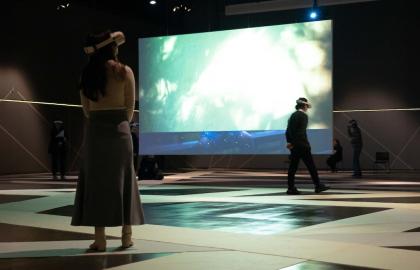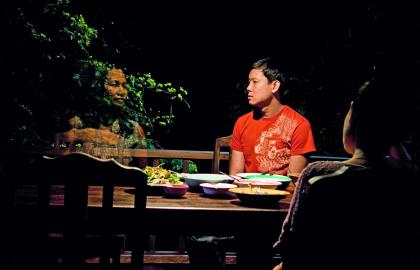1. His films have desirable side-effects.
While his works seem to possess the sedative properties of valerian, they will leave you feeling transformed. Apichatpong Weerasethakul’s films are some of the most unusual in contemporary cinema. They invite us to let go and surrender to the “sensation” of cinema. Like positive repercussions, they leave a lasting impression.
2. He has won numerous prestigious awards.
World-renowned Apichatpong Weerasethakul’s award-winning feature films include Uncle Boonmee – The Man Who Can Recall His Past Lives (Palme d’Or at the 2010 Cannes Film Festival); Blissfully Yours (Un Certain Regard Award at the 2002 Cannes Film Festival); Tropical Malady (Jury Prize at the 2004 Cannes Film Festival); Memoria (Jury Prize ex aequo in 2021)...
'Apichatpong Weerasethakul invites viewers to quietly contemplate the restlessness of visible and invisible life.'
3. He’s not just a filmmaker.
Apichatpong Weerasethakul is a versatile visual artist who has made an impressive range of video installations and performance art. His first work entirely produced in virtual reality, A Conversation with the Sun, forms a deeply unsettling experience that you can discover at Bozar in September 2024.

4. His relationship with the real and the unreal is profoundly moving.
Apichatpong Weerasethakul believes in the presence of invisible beings. He is captivated by dream life, sleep, the collective unconscious, etc. While his films are based on true stories, his relationship with the unperceivable may be profoundly moving. Apichatpong Weerasethakul believes in reincarnation, claiming that the camera captures the past, thereby enabling the actors’ souls to survive over generations of spectators.
5. He names his dogs after monsters.
All his dogs are named (or were named) after monsters: Dracula, Godzilla, King Kong... And, coincidentally, his friends and family call him ‘Joe’, according to a widespread Thai custom of using nicknames rather than long surnames.
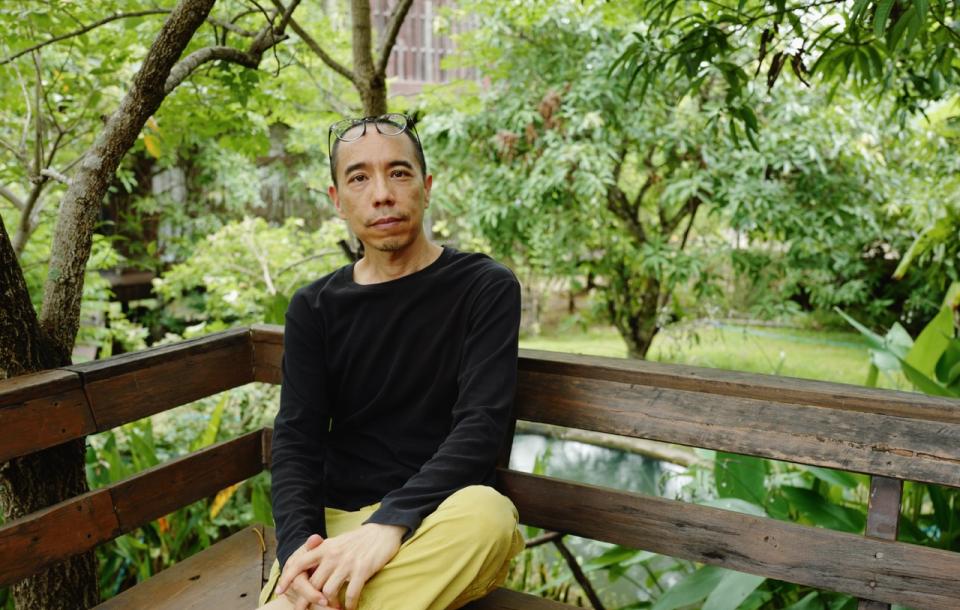
6. He’s taken part in anti-establishment projects.
In the background of his magical imagination and pervades his oeuvre – both in Thailand and in Colombia where the term “memoria” systematically implies political violence. In 2021, he told a journalist from the French newspaper Le Monde: ‘It’s probably not visible to the Western eye, but my fellow countrymen see the references to local politics in my films.’ In 2020, Apichatpong Weerasethakul attended a unique revolt against the Thai monarchy by younger generations. From then on, he began to produce more frankly anti-establishment video installations and performances.
7. He knows someone who counts raindrops.
In 2013, he wrote: ‘I’m thinking of a friend who once told me that he could count raindrops. He did it one day while meditating, and his mind seized control of time. [...] I’m convinced that what we see on screen is less important than that what we don’t. Our mental images emerge, magnifying the story. In the dark, with the murmur of our breaths, the rustle of leaves and the faint movement of duvets, the image becomes populated by invisible ghosts. We are swallowed up by floods of memories.’
In a way, this seventh fact perfectly synthetises the seven things you need to know about Apichatpong Weerasethakul.

